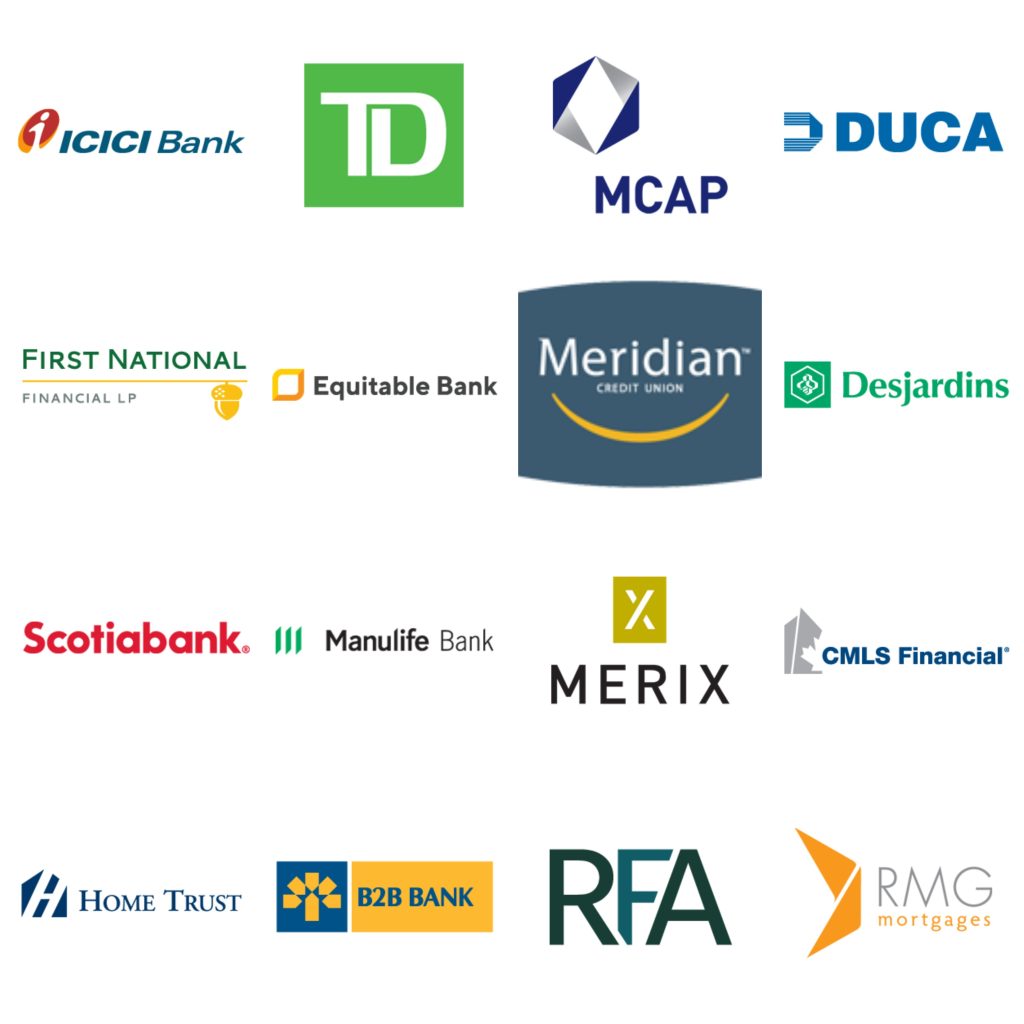Your Home Purchase
Navigating the Toronto real estate market without a seasoned mortgage advisor can lead to unnecessary challenges and setbacks.
Lack of professional advice could mean overlooking crucial financial details, leading to costly mistakes or unfavorable mortgage terms.
In Toronto’s competitive market, timing is everything. Without expert guidance, you risk delays that could cost you your dream home.
The home buying process is stressful enough. Without clear, professional advice, you face added uncertainty and the anxiety of making uninformed decisions.
Don’t let these risks deter your journey to homeownership. We’re here to navigate the complexities together, ensuring a smooth path to securing your dream home with confidence and peace of mind.
Virtual Consultation
Start with a comprehensive consultation to explore all your options without any pressure.
Competitive Rates
Access the most competitive mortgage rates available, customized to fit your financial needs
Seamless Process
Experience a smooth, efficient mortgage application process with minimal paperwork.
We know how overwhelming the mortgage process can seem. That’s why, with close to 20 years of my personal guidance and a team boasting over 30 years of combined experience, we’ve made it our mission to simplify this journey. Together, we’ve helped thousands achieve their homeownership goals while saving money, a commitment reflected in our numerous Google testimonials and our vast network of reputable lenders.
Book Your Free 15 Minute Strategy Call Today!
Your Mortgage In 3 Easy Steps
1. Strategy Call
Kick off your home buying journey with a free consultation. Discuss your aspirations and challenges, and let's map out a tailored plan. This first step demystifies the mortgage process and sets a clear path forward.
2. Review
Ease into the next phase by providing some basic documents. Our streamlined collection process ensures we gather all necessary information efficiently and securely. This step paves the way for a smooth mortgage application process.
3. Approved!
Achieve a major milestone with your mortgage approval. Our expertise and diligence mean we navigate the approval process on your behalf, ensuring you reach this celebratory moment. Your dream home is now within reach.
We understand the goal of wanting to be homeowner and navigating the Toronto real estate market with ease. In order to do that, you need clear, straightforward mortgage advice tailored to your unique situation. The problem is the overwhelming complexity of mortgage options and the daunting real estate landscape, which can make you feel anxious and uncertain about making the right decision. We understand that the stakes are high when purchasing your dream home, and the myriad of financial details can be perplexing. We believe that everyone deserves access to transparent, expert mortgage guidance, which is why we’ve dedicated nearly 20 years to simplifying the mortgage process for thousands of happy clients.
So, book your free consultation today. So you can stop worrying about the complexity of mortgages and instead enjoy the journey to becoming a homeowner with confidence and peace of mind.
And in the meantime, explore our resources and client testimonials to see how we’ve transformed the mortgage process for others just like you. Together, let’s make your dream of homeownership in Toronto a reality.


